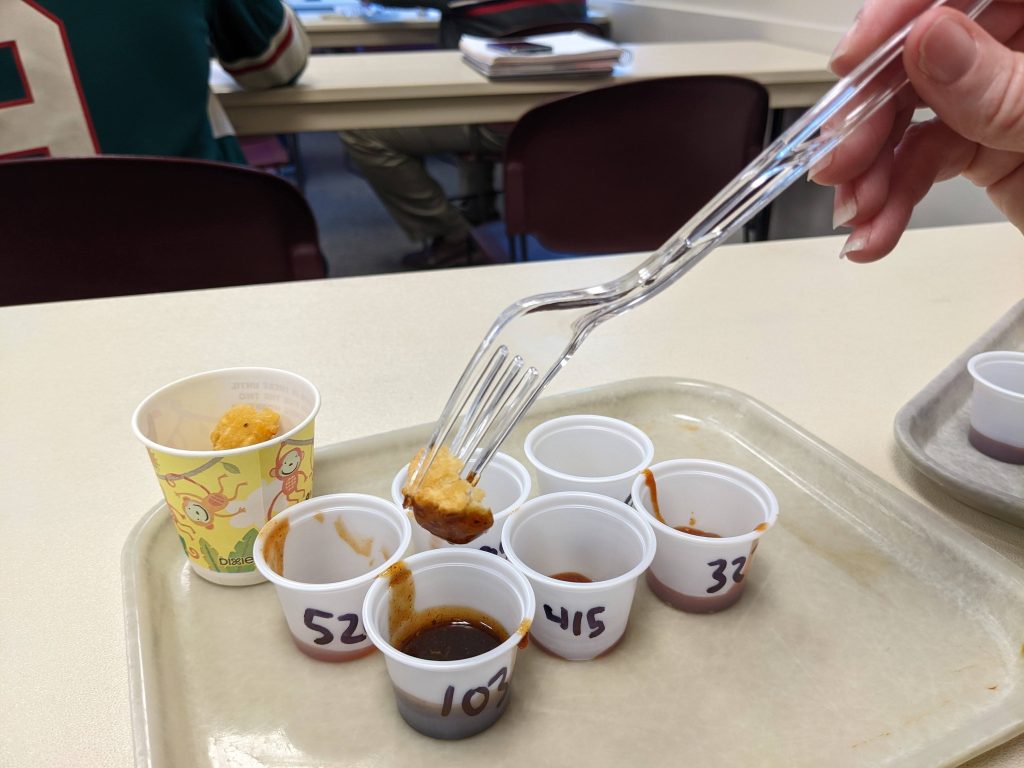
The Food and Hospitality Systems Graduate Program offers three tracks for its M.S. and Ph.D. programs: Food Science, Hospitality Management, and Agricultural Systems Technology.
The online Graduate Certificate in Food Safety and Defense is also academically housed and administered in the Food and Hospitality Systems Graduate Program.
M.S.
Learn about the full curriculum
Admission and application
Apply today
Ph.D.
Learn about the full curriculum
Admission and application
Apply today
Costs and aid
Contact the director of graduate studies for current information on hourly paid positions, and graduate teaching and research assistantships.